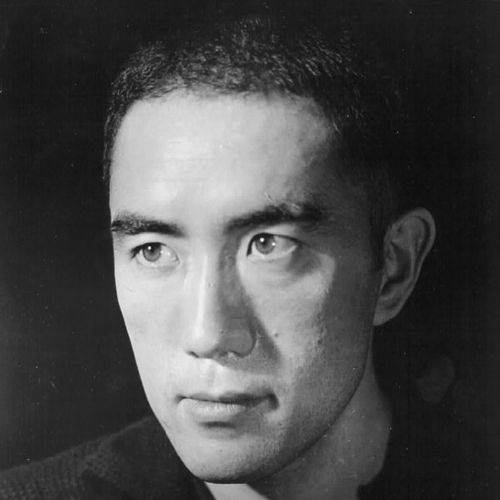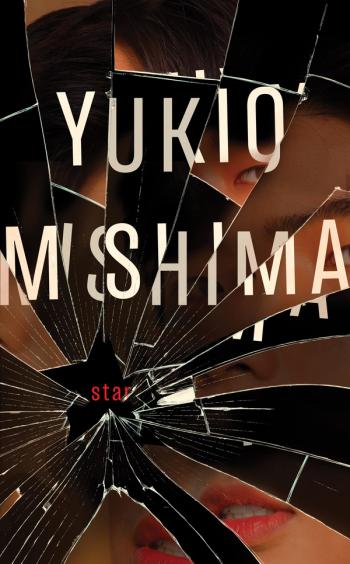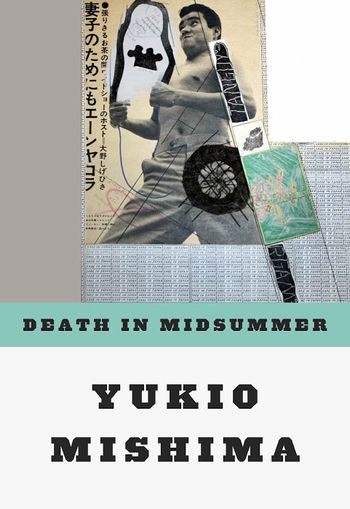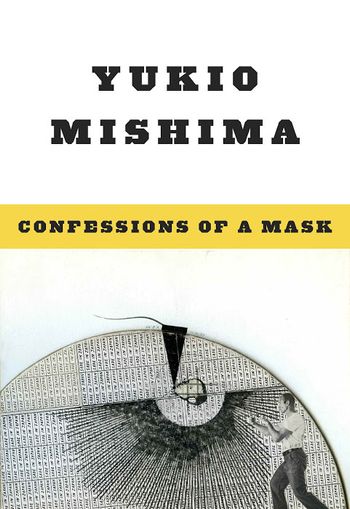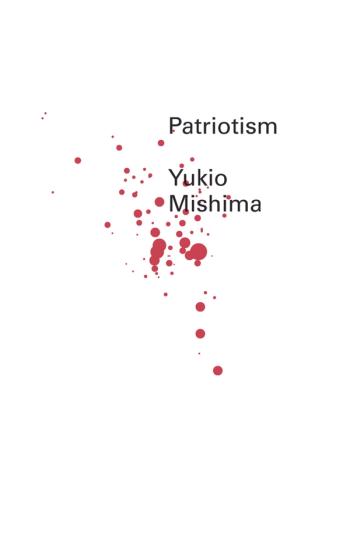Yukio Mishima
Yukio Mishimia (1925–1970) was many people. The best known in Japan of the writers to emerge there after World War II, he was by far the most published abroad. Mishima completed his first novel the year he entered the University of Tokyo. More followed (some twenty-three, the last completed the day of his death on November 25, 1970), along with more than forty plays, over ninety short stories, several poetry and travel volumes, hundreds of essays, and one film (Patriotism). Influenced by European literarture, in which he was exceptionally well read, he was an interpreter to his own people of Japan’s ancient virtues, to which he urged a return. He was a strict disciplinarian and undertook a rigid bodybuilding and martial arts regime. He seemed at the height of his career and vitality at the age of forty-five, when after a demonstration in the public interest he commited suicide by ceremonial seppuku.
